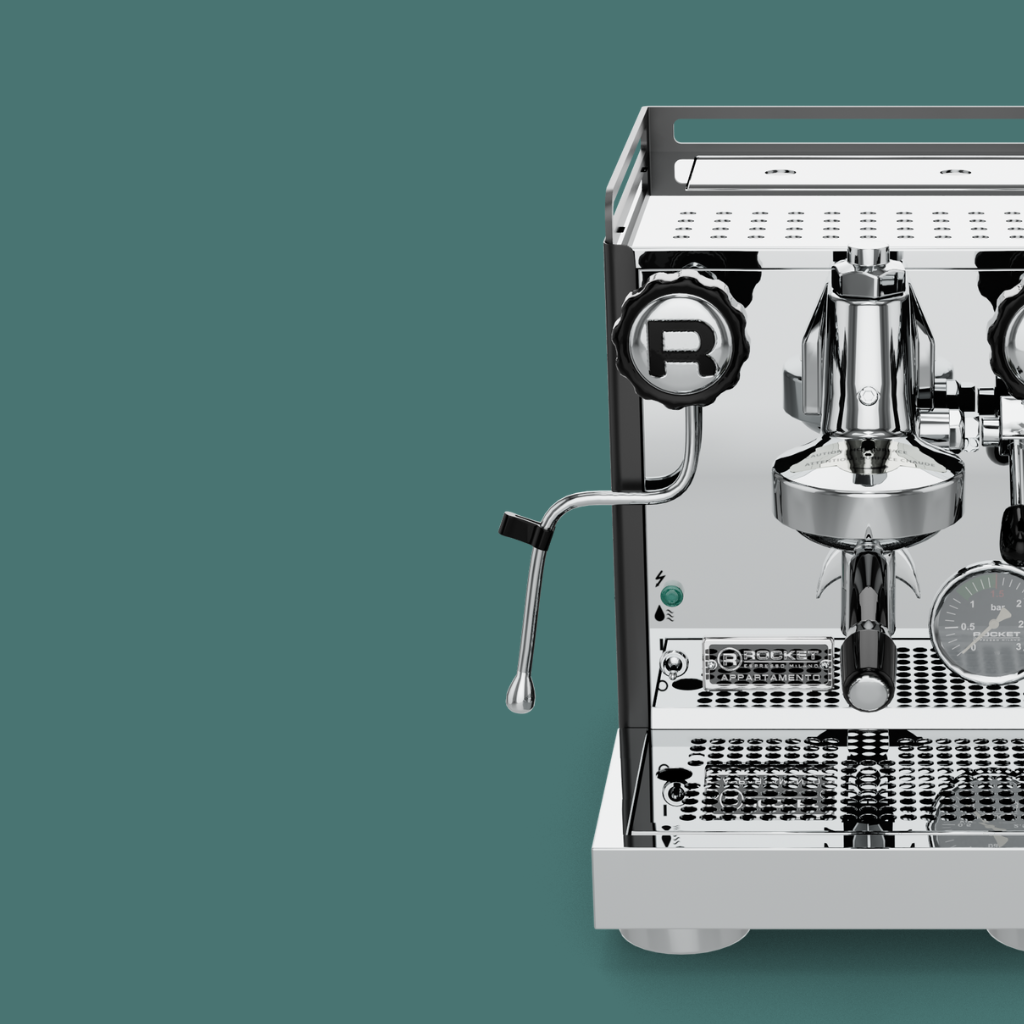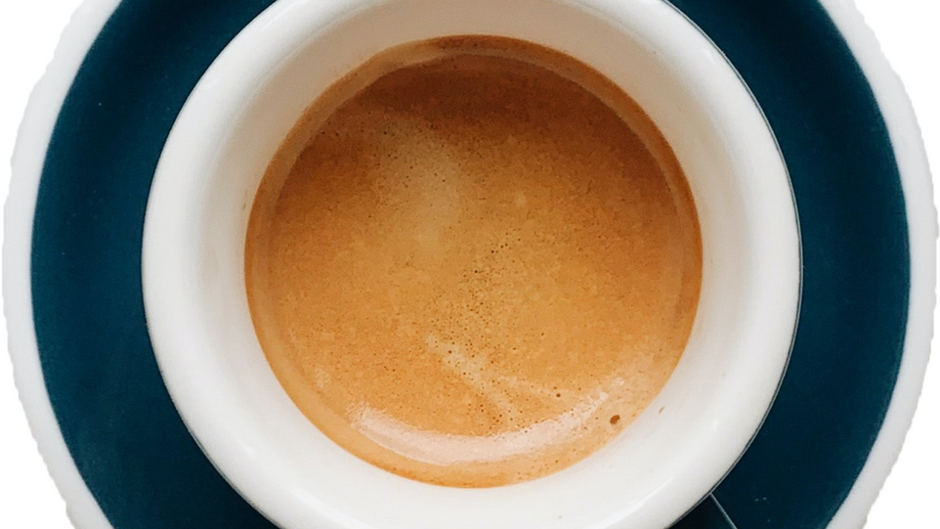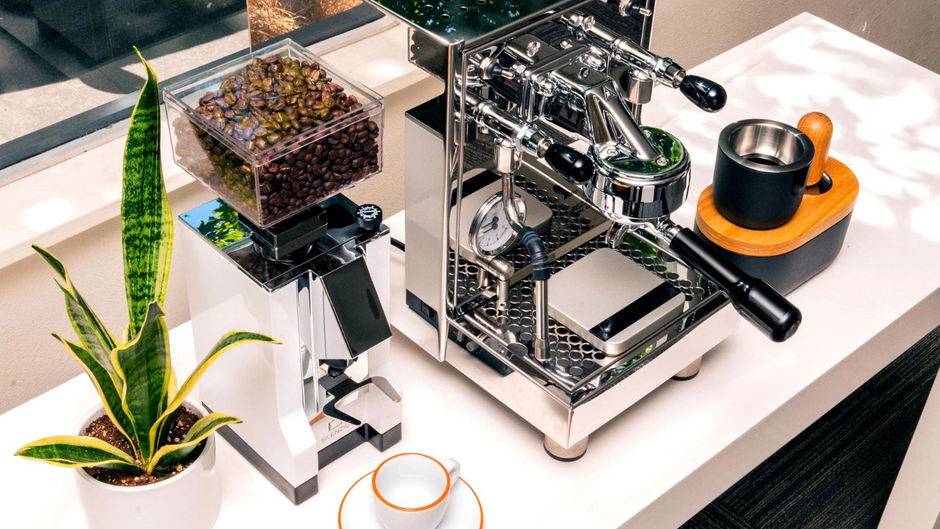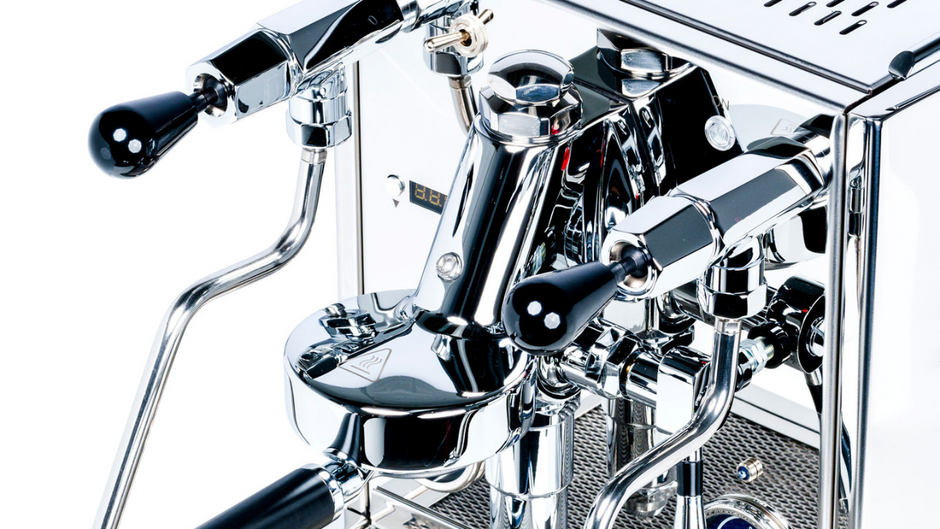Is Coffee Good for Sore Throat: Understanding the Connection
When you're suffering from a sore throat, the last thing you want to do is drink something that might make it worse. Yet, many people turn to coffee as a pick-me-up and a way to start their day. So, is coffee good for a sore throat or will it just make things worse? In this blog post, we'll dive into the relationship between coffee and sore throats. We'll explore the potential benefits and drawbacks of drinking coffee when you have a sore throat and provide you with the information you need to make an informed decision. Whether you're a coffee lover or just looking for relief from a sore throat, this post has got you covered.
The effects of caffeine on sore throats
Caffeine, the primary psychoactive compound in coffee, can have both positive and negative effects on a sore throat. On the one hand, caffeine is a stimulant that can increase alertness and provide temporary relief from symptoms like fatigue and headaches. However, caffeine can also dehydrate the body, which can worsen symptoms of a sore throat. The dryness caused by caffeine can lead to further irritation and inflammation of the throat, potentially making the sore throat even more painful.
Additionally, caffeine can also cause an increase in heart rate and blood pressure, which can make a sore throat feel worse. Some people may also experience an increase in anxiety or jitteriness when consuming caffeine, which can make them feel worse overall.
It is important to note that everyone's reaction to caffeine can be different. Some people may be able to drink coffee without experiencing any adverse effects on their sore throat, while others may find it makes their symptoms worse. It is also important to consider the amount of caffeine consumed and to avoid excessive caffeine intake, which can have negative effects on overall health.
Related Article: Does coffee ice cream have caffeine?
The role of caffeine in soothing or irritating the throat
The role of caffeine in soothing or irritating the throat can vary from person to person. In some individuals, caffeine can have a numbing effect on the throat, temporarily reducing pain and discomfort. However, for others, caffeine can have the opposite effect and irritate the throat, leading to increased pain and discomfort.
One of the reasons why caffeine can irritate the throat is because it has a drying effect on the body. This can cause the throat to become dehydrated, leading to further irritation and inflammation. Additionally, caffeine can also increase heart rate and blood pressure, which can cause discomfort and make the sore throat feel worse.
It is important to consider individual tolerance and sensitivity to caffeine when determining its effects on a sore throat. Some people may be able to drink coffee without experiencing any adverse effects on their sore throat, while others may find it makes their symptoms worse. It is also important to monitor the amount of caffeine consumed and avoid excessive intake, which can have negative effects on overall health.
The benefits of drinking warm fluids for sore throats
Drinking warm fluids can provide a number of benefits for those suffering from a sore throat. Warm liquids help to soothe the throat, reducing pain and discomfort. The warmth of the liquid can also help to loosen mucus and phlegm, making it easier to clear the throat and breathe comfortably.
Warm liquids can also hydrate the throat and surrounding tissues, helping to reduce inflammation and irritation. This is particularly important for individuals with a sore throat, as dehydration can make symptoms worse. Hydrating with warm liquids can help to alleviate discomfort and promote healing.
Additionally, warm liquids can help to boost the immune system and fight off infection. Some warm liquids, such as herbal teas, can even contain natural remedies that have antimicrobial properties, helping to fight off bacteria and viruses.
It is important to note that while warm liquids can provide a number of benefits for a sore throat, it is important to avoid liquids that are too hot, as they can further irritate the throat. Opt for warm liquids that are comfortably warm to the touch and avoid excessive caffeine and sugar, which can have negative effects on the body.
Why warm fluids can provide relief for sore throats
Warm fluids provide relief for sore throats because they help to soothe the irritated and inflamed tissues in the throat. The warmth of the liquid can help to loosen mucus and phlegm, making it easier to clear the throat and breathe comfortably.
The warmth of the liquid can also help to increase blood flow to the area, promoting healing and reducing inflammation. Warm liquids can also hydrate the throat and surrounding tissues, reducing dryness and helping to relieve symptoms of a sore throat.
Additionally, some warm liquids, such as herbal teas, can contain natural remedies that have antimicrobial properties, helping to fight off bacteria and viruses that may be contributing to the sore throat.
Warm liquids can also have a calming effect on the body, helping to reduce stress and promote relaxation. This can help to reduce symptoms of a sore throat and improve overall well-being.
It is important to avoid liquids that are too hot, as they can further irritate the throat. Opt for warm liquids that are comfortably warm to the touch and avoid excessive caffeine and sugar, which can have negative effects on the body.
How coffee can dehydrate the body and worsen sore throats
Coffee, despite its popularity as a morning pick-me-up, can actually dehydrate the body and worsen sore throats. This is because caffeine, the primary psychoactive compound in coffee, acts as a diuretic, promoting the production of urine and increasing fluid loss. This can lead to dehydration, making it difficult for the body to produce mucus and other fluids that are important for keeping the throat hydrated and protected from infection.
When the throat becomes dehydrated, it can become more susceptible to irritation and inflammation, making the sore throat feel worse. The dryness caused by caffeine can also lead to further irritation and inflammation of the throat, potentially making the sore throat even more painful.
Additionally, caffeine can increase heart rate and blood pressure, which can make a sore throat feel worse. Some people may also experience an increase in anxiety or jitteriness when consuming caffeine, which can make them feel worse overall.
It is important to consider individual tolerance and sensitivity to caffeine when determining its effects on a sore throat. Some people may be able to drink coffee without experiencing any adverse effects on their sore throat, while others may find it makes their symptoms worse. It is also important to monitor the amount of caffeine consumed and avoid excessive intake, which can have negative effects on overall health.
The link between dehydration and increased sore throat symptoms
There is a strong link between dehydration and increased sore throat symptoms, as dehydration can make a sore throat feel worse. When the body becomes dehydrated, it can affect the production and function of mucus and other fluids that are important for protecting the throat and keeping it hydrated.
When the throat becomes dry, it can become more susceptible to irritation and inflammation, leading to increased sore throat symptoms such as pain, discomfort, and difficulty swallowing. Dehydration can also impair the immune system, making it more difficult for the body to fight off infections that may be contributing to the sore throat.
Additionally, when the body is dehydrated, it can become more susceptible to other health problems, such as headaches, fatigue, and dry skin. These symptoms can further exacerbate the discomfort and pain associated with a sore throat, making it important to stay hydrated in order to alleviate symptoms.
It is important to drink plenty of fluids, particularly water, when experiencing a sore throat in order to stay hydrated and promote healing. Avoiding dehydrating beverages, such as coffee, alcohol, and sugary drinks, can also help to reduce the risk of worsening sore throat symptoms.
Alternative beverages to consider for soothing a sore throat
Warm water with honey and lemon
This mixture can help to soothe the throat and reduce inflammation. The lemon can provide vitamin C and antibacterial properties, while the honey can help to coat and soothe the throat.
Herbal tea
Herbal teas such as chamomile, licorice root, and slippery elm can provide natural remedies that have anti-inflammatory and antimicrobial properties, helping to relieve symptoms of a sore throat.
Warm broths
Warm broths, such as chicken soup, can help to hydrate the throat and provide essential nutrients to the body, promoting healing and reducing symptoms of a sore throat.
Warm coconut water
This beverage is high in electrolytes, which can help to replenish fluids and hydrate the body, reducing symptoms of a sore throat.
Ginger tea
Ginger has natural anti-inflammatory properties, making it an excellent option for soothing a sore throat. Ginger tea can be made by boiling sliced ginger in water for 10-15 minutes, and then straining the mixture.
It is important to avoid liquids that are too hot, as they can further irritate the throat. Opt for warm liquids that are comfortably warm to the touch and avoid excessive caffeine and sugar, which can have negative effects on the body.
It's always best to consult a healthcare provider to determine the best course of treatment for a sore throat and to rule out any underlying conditions that may need medical attention.











: invalid url input -->)
: invalid url input -->)